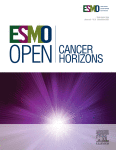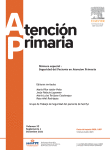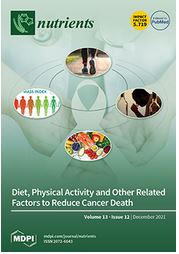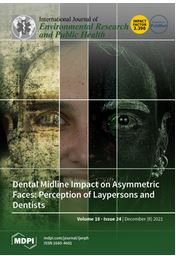Prospective evaluation of 92 serum protein biomarkers for early detection of ovarian cancer
Background CA125 is the best available yet insufficiently sensitive biomarker for early detection of ovarian cancer. There is a need to identify novel biomarkers, which individually or in combination with CA125 can achieve adequate sensitivity and specificity for the detection of earlier-stage ovarian cancer. Methods In the European Prospective Investigation into Cancer and Nutrition (EPIC)…












